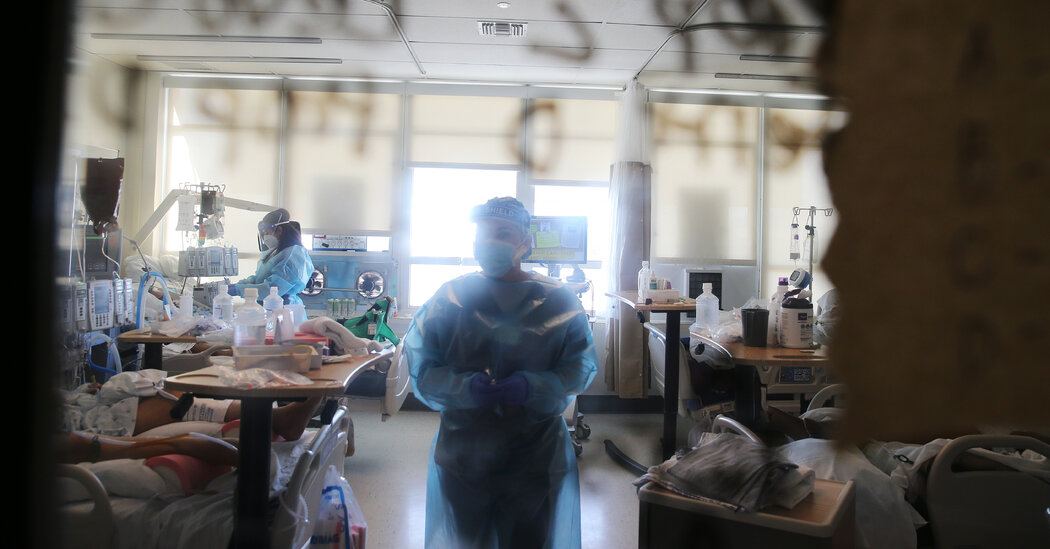Fear of Missing out Boosting Global Acceptance of Covid Jab, Survey Suggests
International study finds change in attitudes possibly driven by anticipated regret of not having vaccine.
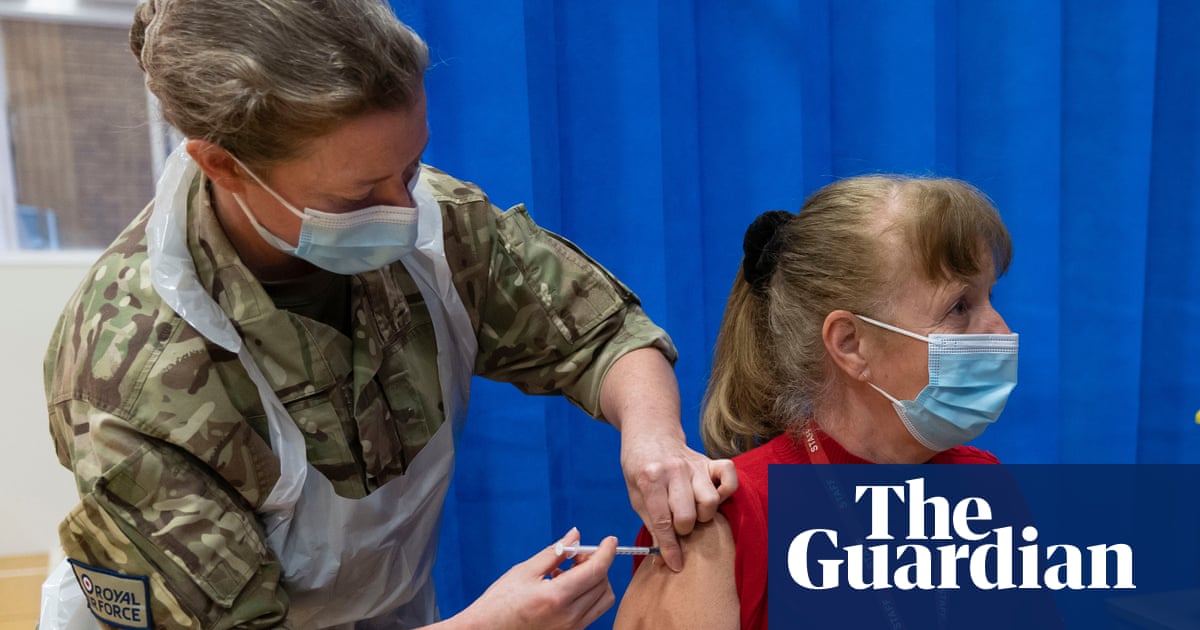
Send us a link
International study finds change in attitudes possibly driven by anticipated regret of not having vaccine.

This newsletter takes a closer look at the effect of measures to prevent the spread of COVID-19 among the participants of the CTC surveys in fall 2020.
Effort found four drugs had little benefit, now on hold until new drugs are chosen to test.
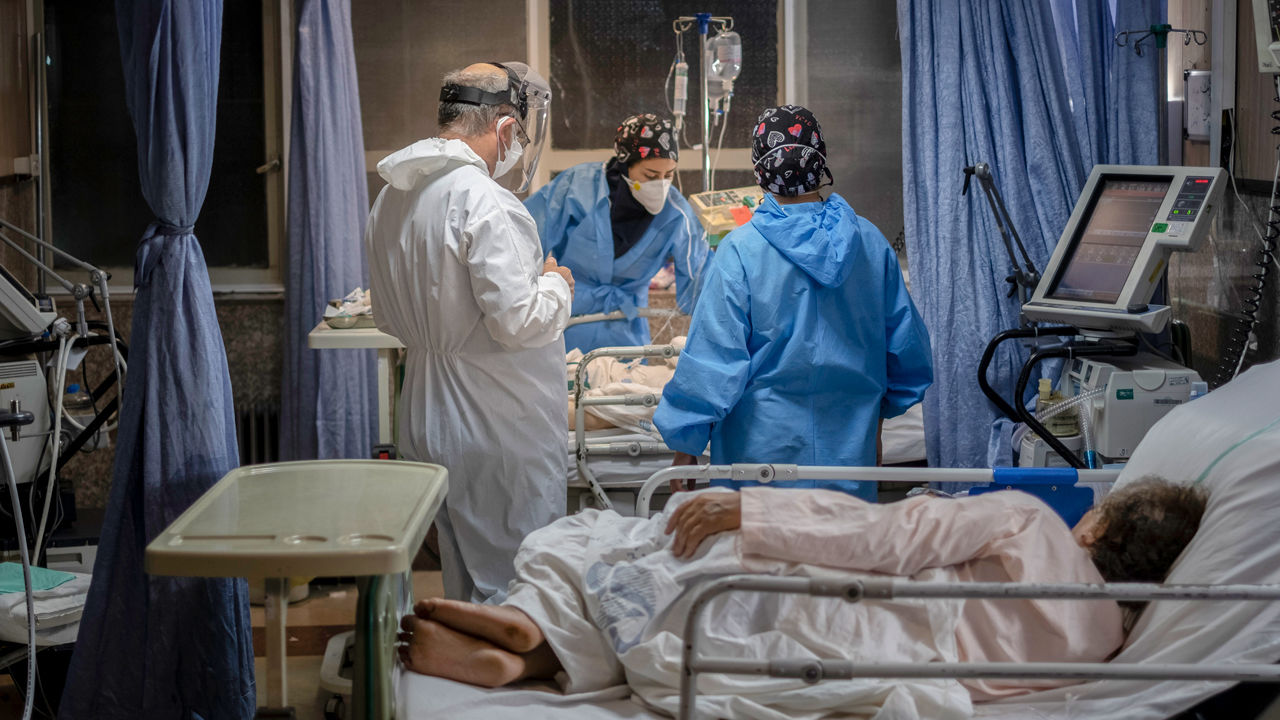
B.1.351 may sound sweet to a molecular epidemiologist, but what's the alternative, other than stigmatizing geographical names?
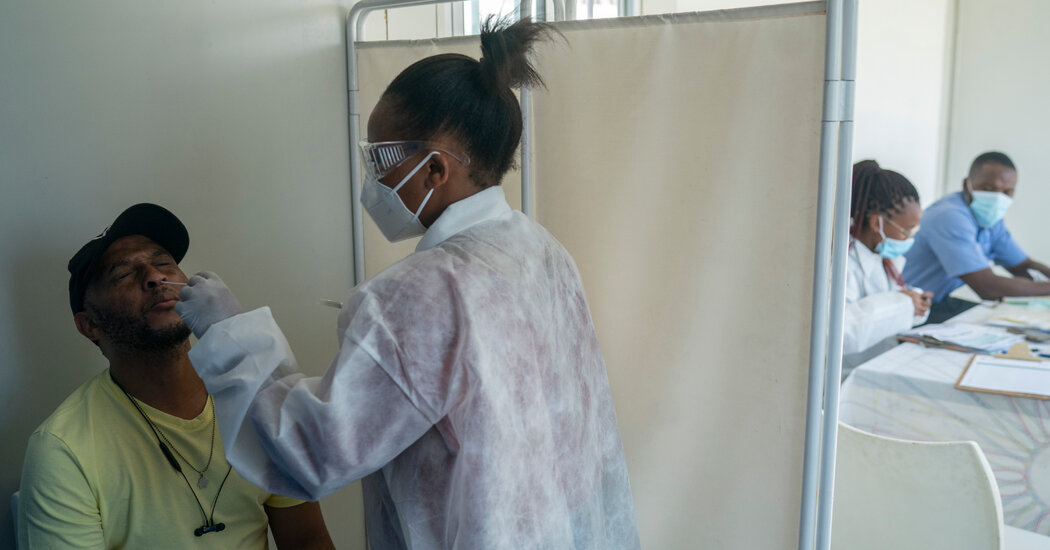
Not one Covid jab had been administered in 130 of the world's poorer countries by mid-February, says the Guardian editor, author and presenter Kanishk Tharoor.

An oily, 100-nanometer-wide bubble of genes has killed more than two million people and reshaped the world. Scientists don't quite know what to make of it.
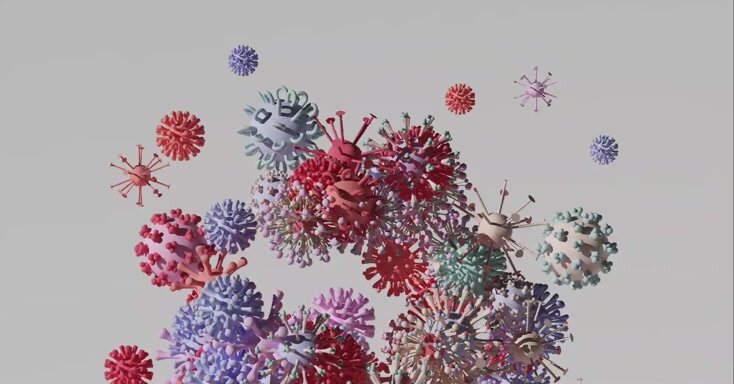
Academic mobility is often a prerequisite for professional development and career advancement - but what happens at a time when this mobility simply isn't possible?
Many scientists are expecting another rise in infections. But this time the surge will be blunted by vaccines and, hopefully, widespread caution. By summer, Americans may be looking at a return to normal life.

Hilda Bastian on the most important pandemic vaccine in the pipeline and why we're on track for annual booster shots.
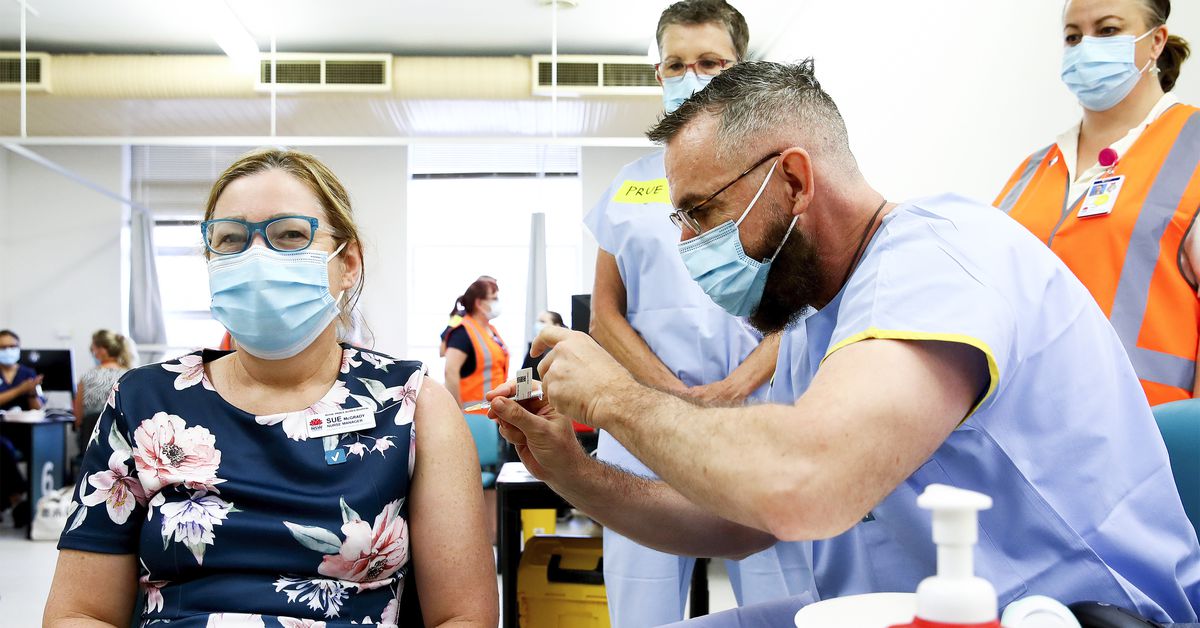
A joined-up approach is needed to make sure the public are given clear, correct information, says healthcare historian Sally Frampton

A preprint promoted by a member of the UK Parliament for claiming to show that vitamin D led to an “80% reduction in need for ICU and a 60% reduction in deaths” has been removed from a server used by The Lancet family of journals.
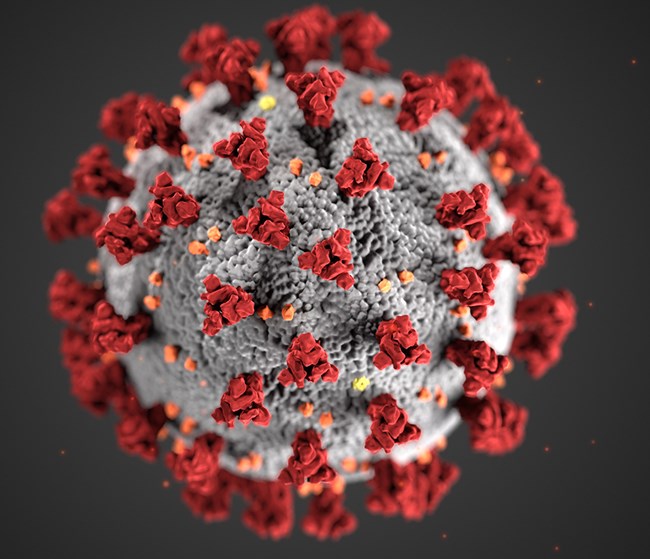
Experts fear false narratives about vaccines could slow down the task of inoculating people and create other problems in the future.
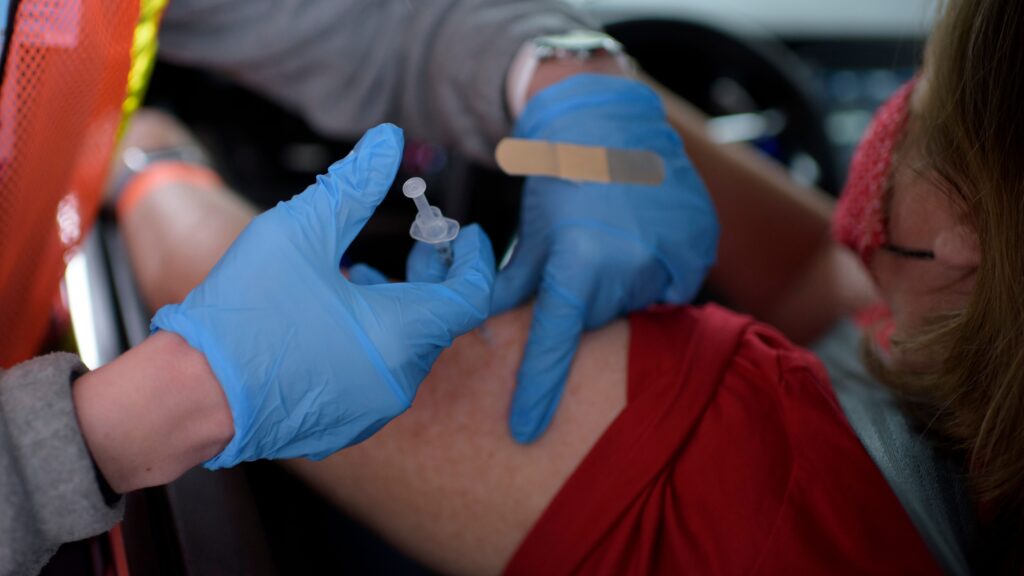
A Nature survey shows many scientists expect the virus that causes COVID-19 to become endemic, but it could pose less danger over time.
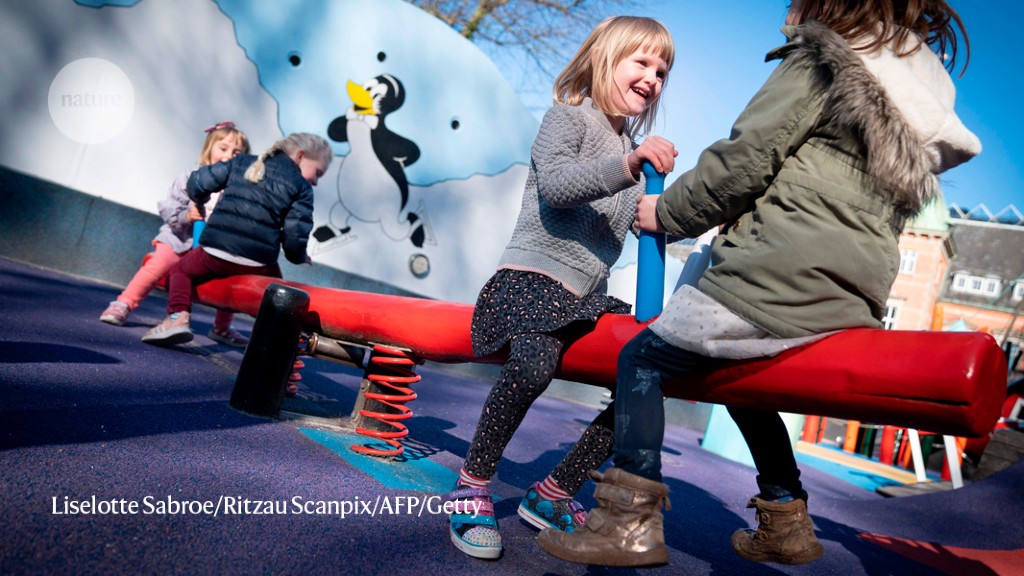
Nature is polling readers about the move to online meetings during the COVID pandemic.
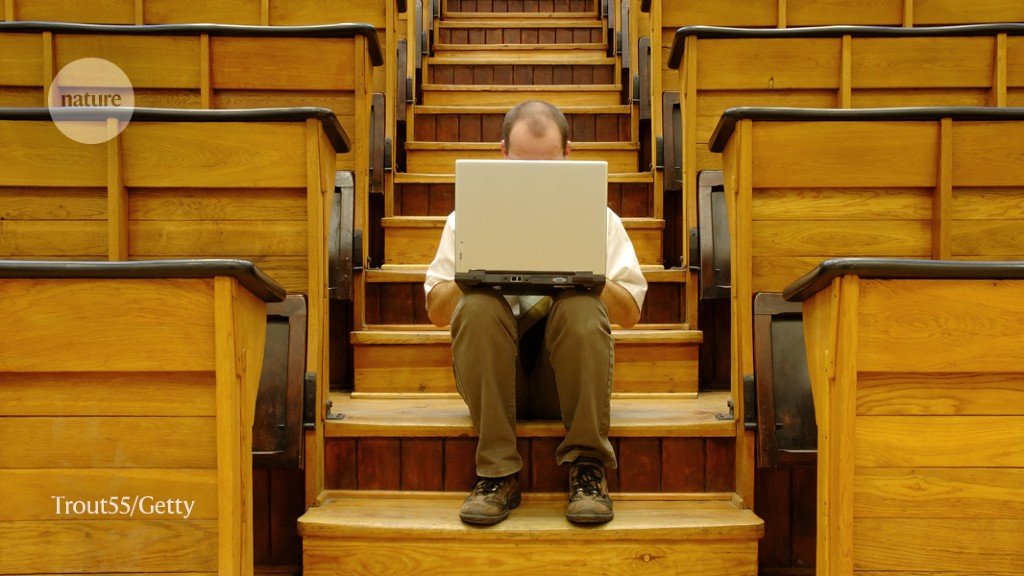
Covid human challenge study to start in weeks and will expose adults to virus in controlled environment.
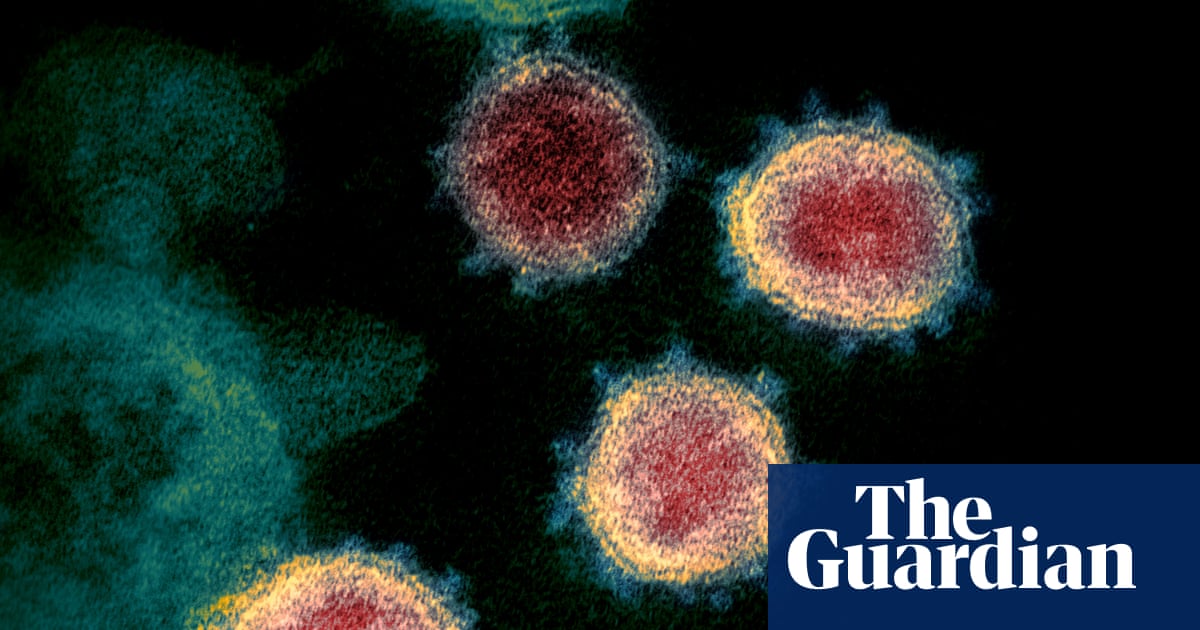
The two initiatives have come together in their shared objective to help scientists and the public navigate the high volume of important new research.

Nearly a year into the pandemic, Facebook now aims to take down misinformation on vaccines overall - not just COVID-19 vaccines.

A new analysis that suggests the shot "provides minimal protection" against mild disease caused by a new variant circulating in South Africa.

Other researchers say that restrictions at the largest SARS-CoV-2 genome platform encourage fast sharing while protecting data providers' rights.
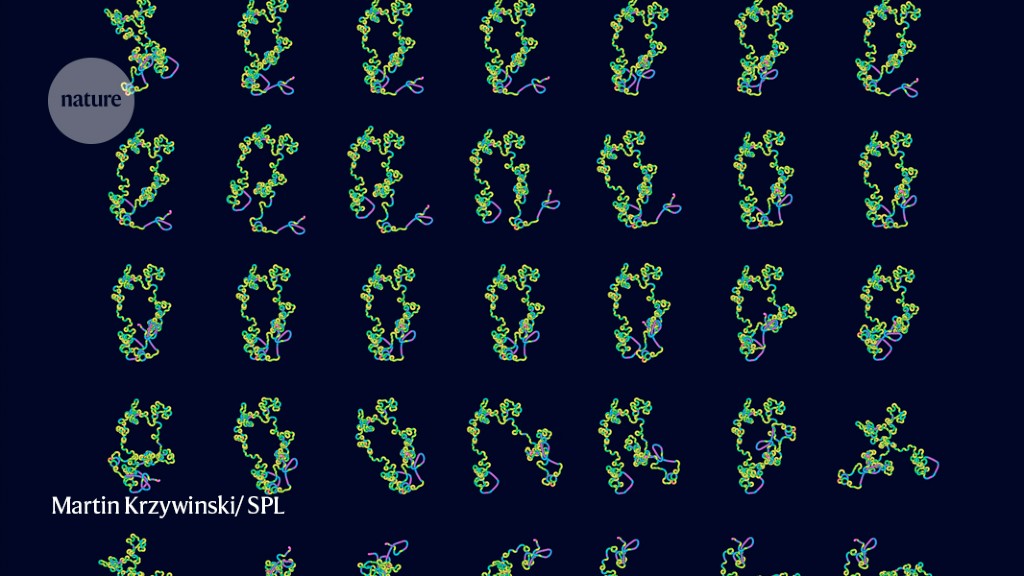
Government action needed now to reduce infections and deaths The resurgence of covid-19 in the autumn of 2020 in many northern countries, including the UK, has been associated with tremendous morbidity and mortality. Before vaccination, the public health response focused on testing and population-wide restrictions, with the goal of decreasing contact between susceptible and contagious individuals. Striking and widening disparities in covid-19 related outcomes have highlighted the intersection of socioeconomic disadvantage and health inequalities, enhanced by structural racism.1234 Socioeconomically disadvantaged and many ethnic minority groups have been disproportionately affected, with increased risk of infection, hospital admission, and death.5678 Despite the vaccine rollout, many younger people, particularly those working in high exposure occupations, living in overcrowded housing, or without a home will remain subject to an ongoing burden of quarantine orders, along with a disproportionate risk of infection and onward transmission for the foreseeable future.159 An equitable and effective public health response requires the integration of supportive services to effectively decrease their contact rates and subsequently risk of infection.9 Most countries have used testing as a tool to interrupt transmission chains by encouraging isolation of contacts. However, the ability to quarantine until test results are available, and to …
Significantly less government funding was put towards researching treatments than vaccines. And national efforts to coordinate and recruit sick patients into trials were insufficient. The next few months will still bring many sick people - and doctors have woefully few drugs with which to treat them.
